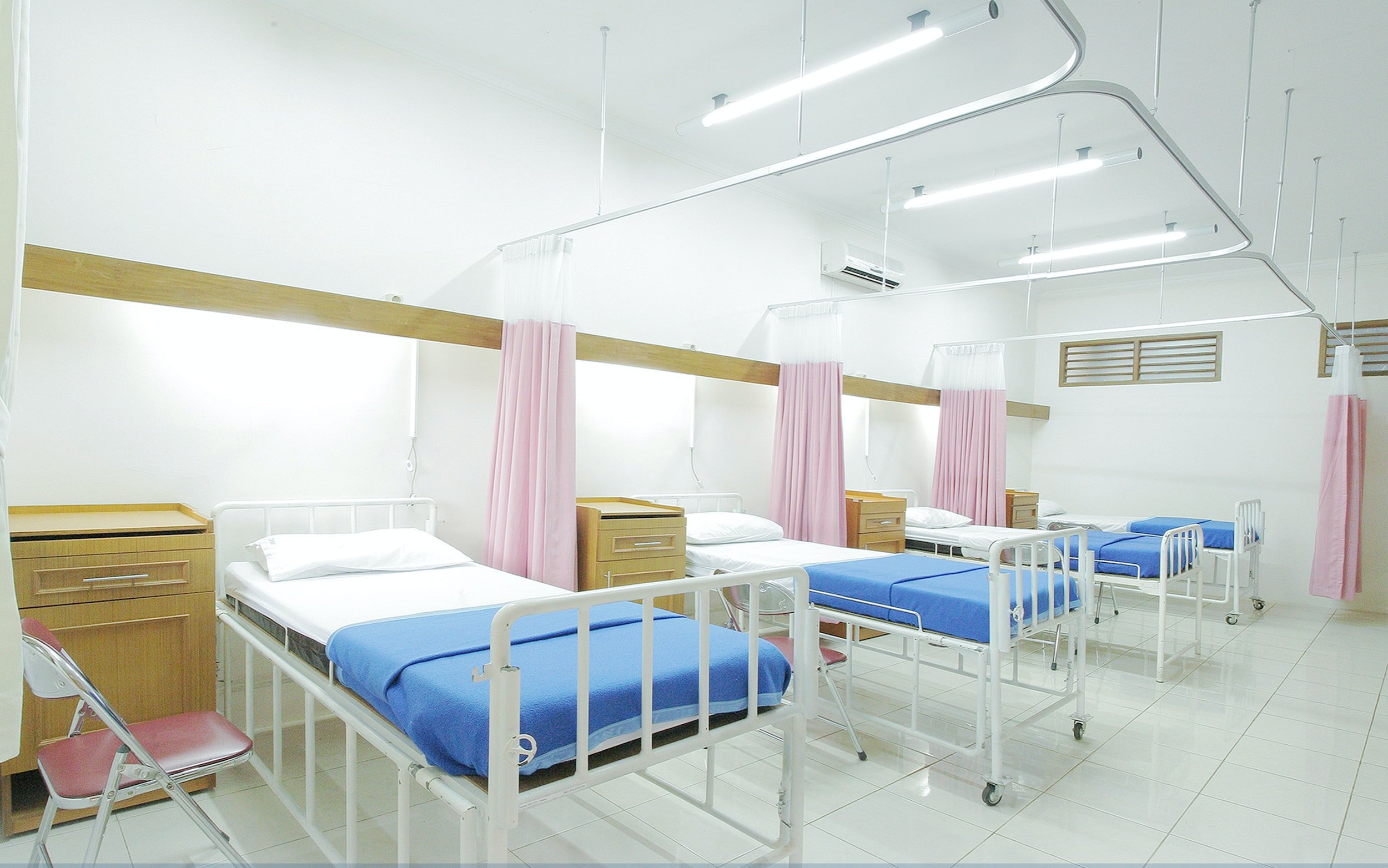
Malaria
Why know malaria?
It kills thousands of Kenyan children and adults every year.
We lost coach Benjamin Ayimba in 2021 at a mere age of 44 years. There is no greater awakening than this as to how severe malaria can be.
He was a prominent representation of the millions of lives that have silently been lost to malaria.
It is 100% curable and preventable

Who is at risk for malaria?
All of us
Some people are at higher risk of severe malaria than others;
Children especially under 5
Pregnant women
HIV positive
Sickle cell disease
Alcoholics
Visitors from a place without malaria/with low malaria
Anyone who has had their spleen removed during an operation
Malnourished
If you’re unwell with signs of malaria and belong to any of these groups you must get treated early

Signs and symptoms of non severe malaria-Children
Fever
(Children may have seizures when they have a high fever)
Excessive sleep
Vomiting
Diarrhea
Joint pain
Headache
Cough
Signs and symptoms of non severe malaria-Adults
Fever -the fever may happen on alternate days or every 2-3 days
Nausea
Vomiting
Abdominal pain
Diarrhea
Joint and muscle pain
Poor appetite
Feeling your heart racing
Feeling tired

These are the signs you or someone you know has severe malaria and need urgent treatment.
Confusion
Seizures
Trouble breathing
Black urine-looks like coca cola
Feeling dizzy and tired
Easy bleeding
Coma
Low blood sugar
Cold hands and legs
Yellow eyes
The common medicines used for severe malaria are
Artesunate
Quinine
They are all in the form of a drip or injection. Starting early is important.

Malaria in pregnancy
Malaria is dangerous in pregnancy because the parasite can hide in the body and be difficult to detect until its too late.
The risk is highest in the last six months of pregnancy
Symptoms
Fever
vomiting
joint and muscle pain
diarrhea
sweating
feeling cold
feeling tired
coughing
feeling breathless
feeling the heart racing
dizziness
yellow eyes
abdominal pain
confusion
Why know about malaria in pregnancy
Malaria in pregnancy can cause
Death of the mother
Death of the baby
Malaria in the baby
An underweight baby
A premature birth of the baby
Low blood levels in the mother
High blood pressure during pregnancy
Treat early
Early treatment is important in avoiding complications.
If you have symptoms of severe or non severe malaria, get treatment early.
Always complete the full dose of treatment.
Common anti-malarials available for treatment include:
Artemether Lumefantrine- known as “A. L”
Atovaquone/proguanil

When do I need admission?
If you have any symptoms of severe malaria above
If you are pregnant and have malaria
Children under 5 with malaria
Children with symptoms of malaria who cannot drink adequately or take medication cause of vomiting
Anyone who cannot take tablets due to excess vomiting
Anyone listed as being at higher risk of severe malaria can be considered for admission depending on a doctor’s assessment and blood tests
How to prevent malaria
If pregnant, postpone travelling to places with high malaria until after delivery, if it is possible.
Sleep under nets.
If you are working between sunset and sunrise make sure you take measures to reduce mosquito bites. Most bites occur when we are still awake.
Wear long sleeved clothes.
Use mosquito repellants and mosquito coils.
Cut long grass and bushes and drain stagnant water
Take anti-malarials when travelling
The doctor can prescribe anti-malarial medication to prevent you getting malaria. This is done if your pregnant, and come from a place with high malaria, even if the malaria test is negative.
Anti malaria medication can also be given to HIV positive women who are pregnant in places with high malaria, to prevent malaria.
Malaria vaccine






